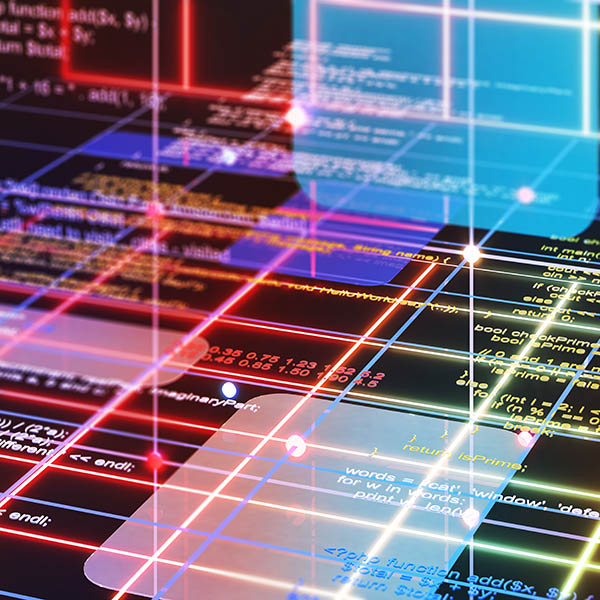About the Course
The course is devoted to the usage of computer vision libraries like OpenCV in 2d image processing. The course includes sections of image filtering and thresholding, edge/corner/interest point detection, local and global descriptors, video tracking
Course Objectives
01
Learning the main algorithms of traditional image processing
02
Thorough understanding of benefits and limitations of traditional image processing
03
Mastering programming skills of image processing with computer vision libraries
Learning Outcomes

1. Apply image binarization techniques

2. Create panoramas with image stitching

3. Detect objects with the Viola-Jones method

4. Solve content-based image retrieval tasks
Course Syllabus
Week 1. 2D image processing overview
Week 2. Basic operations of 2D image processing
Week 3. Local (spatial) image filtering
Week 4. Final project
Teachers

Senior Lecturer: Faculty of Informatics, Mathematics and Computer Science

Professor Faculty of Informatics, Mathematics and Computer Science

Guest lecturer: Faculty of Informatics, Mathematics and Computer Science

Guest Lecturer: Faculty of Informatics, Mathematics and Computer Science
Learning Activities
Lectures
Online
Low-Stakes Assignments
Tests
High-Stakes Assignments
Final project